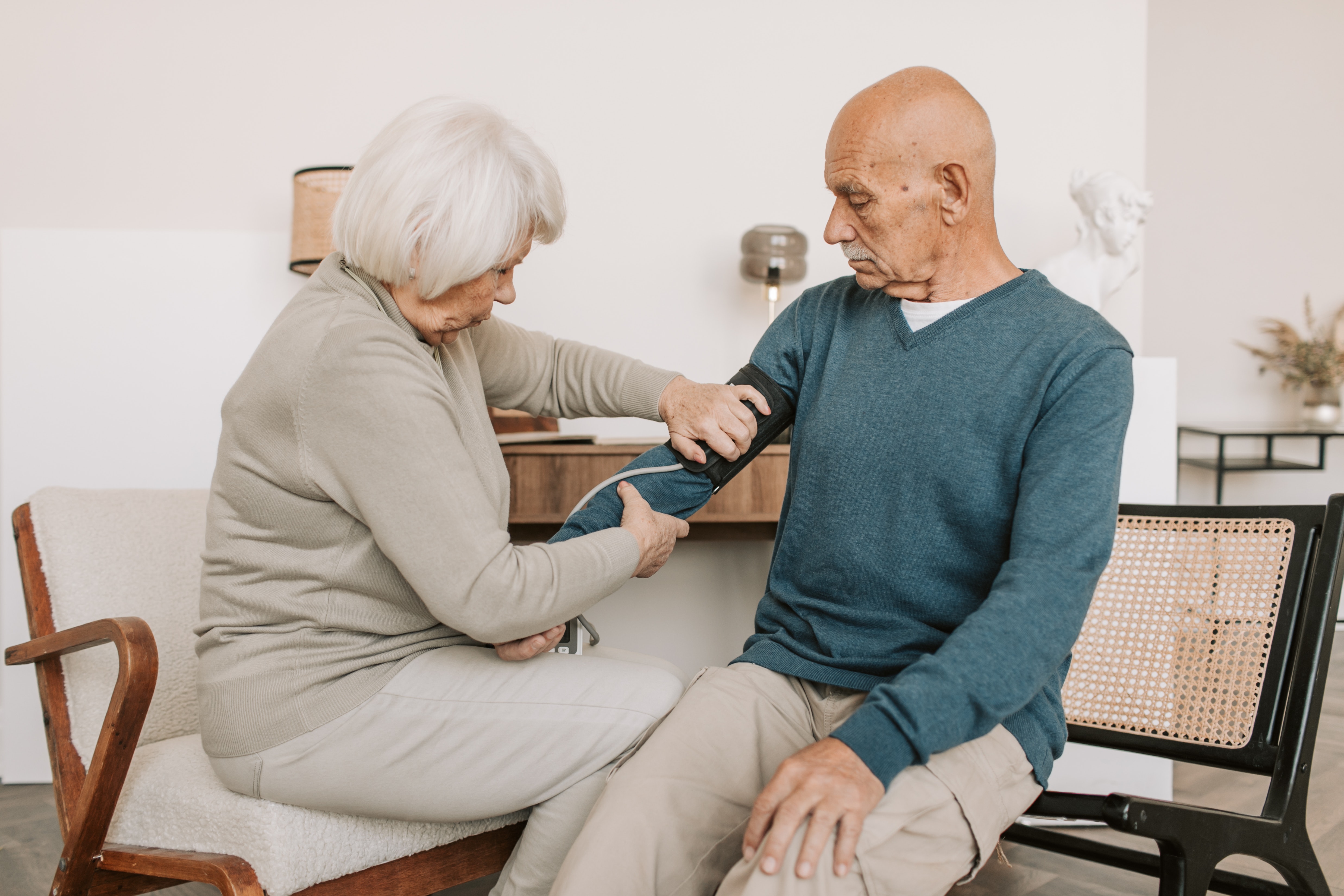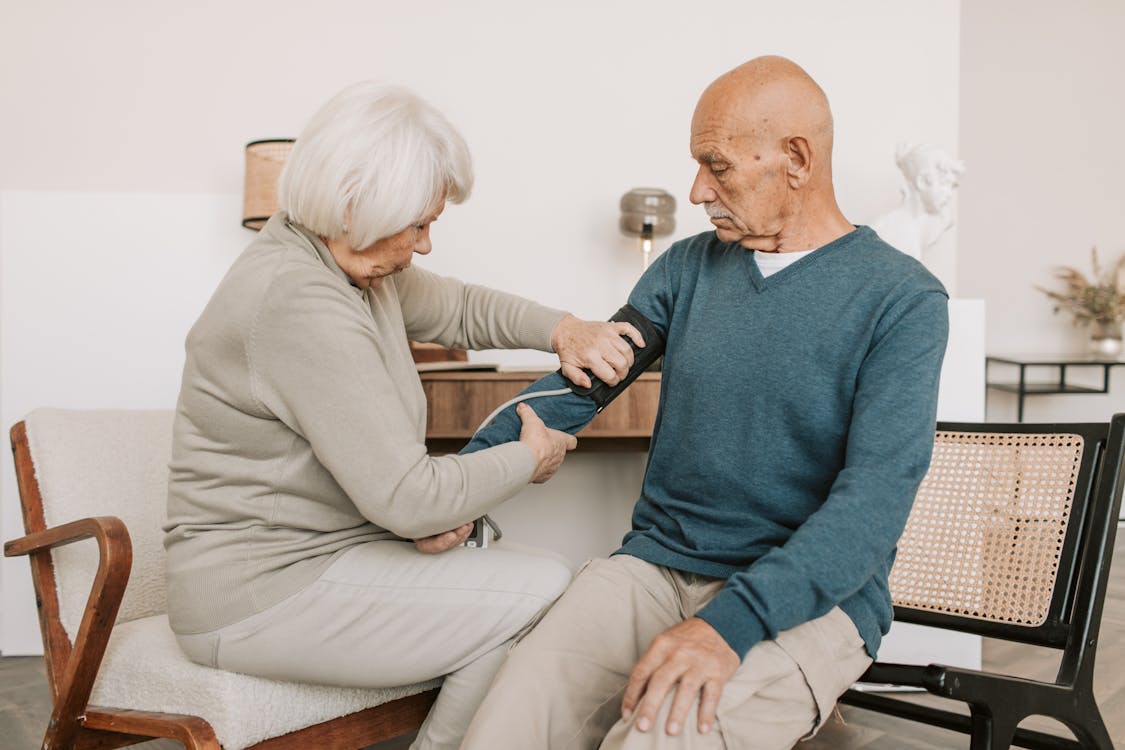#5 Health Resources to Provide to the Elderly

Table of Contents
5 Health Resources to Provide to the Elderly

The elderly population is increasing, and they need your help to maintain their health as they age. Here are five resources that can help aid in their well-being:
1. Ageing And Health
Many resources are available to help the elderly maintain their health. One of the most important things seniors can do is stay active and keep up with their physical activity needs. Exercise has been shown to improve overall moods and mental function and reduce the risk of heart disease, stroke, and some types of cancer. It is also important to ensure seniors eat a healthy diet full of fruits and vegetables. A healthy diet can help lower a person’s risk of developing obesity or other chronic diseases later in life. Taking a walk around the neighborhood can really make a difference.
A person at risk of low blood pressure or low glucose level should look into remote patient monitoring companies that can advise them on preventive measures and additional support when numbers are looking off in their health chart. Many hospitals now offer specialized programs specifically designed for older patients, including programs focused on preventing heart disease and stroke.
2. Managing Chronic Pain
Chronic pain is a significant problem for older adults. Chronic pain is the number one reason why older adults seek medical care. Managing chronic pain can be difficult, particularly if the person experiencing the pain does not have access to effective treatment. Various health resources are available to elders who experience chronic pain. Always do your research and don’t allow pain to worsen, it is better to get help before it is too late.
3. Managing Anxiety
Managing anxiety is a daunting task for anyone, but it can be especially difficult for those who are elderly. There are many health resources to provide to the elderly that can help them manage their anxiety. The most common resources include medication, therapy, counseling, support groups, and self-help books. It is important to find a method that works best for the individual and to stick with it. The following are some tips for managing anxiety in the elderly:
1. Talk about your feelings– Talking about how you feel with someone who will listen without judgment is important. Talking about your anxiety can help relieve some of the pressure you feel and help you better understand and cope with your anxiety disorder. Talk to your family about how you feel on a daily basis to better your health or see if they can help you make some life changes.
2. Seek support groups– Support groups offer people with similar experiences them to share their knowledge and connect with others who can support them in managing their anxiety disorder. Group members can provide advice, encouragement, and comfort during tough times.
3. Use self-help books and articles– Self-help books and articles offer guidance on dealing with specific anxiety, such as panic attacks or phobias. Reading these materials can provide helpful information and strategies for coping with your anxiety disorder.
4. Use the medication as prescribed by a doctor or therapist– Medication may be necessary to manage severe cases of anxiety or when other treatments have not been successful. Doctors may also prescribe medications to help reduce anxiety in those with no mental health disorder.
5. Get regular checkups It is important to get checkups and routine exams to ensure that you are not experiencing any health problems causing your anxiety. It is also important to discuss any anxiety symptoms with your doctor so that they can monitor your progress and provide you with the best possible care. It is important to make sure you don’t have any blood pressure problems because those can arise at later ages.
4. Brain Health
One of the most important aspects of maintaining good brain health is getting enough sleep. According to the National Sleep Foundation, adults need at least seven hours of sleep per night. Additionally, take supplemental omega-3 fatty acids and vitamin C when needed. These supplements are beneficial for the brain’s overall health and can help improve memory and cognitive function.
5. Technology
Technology can be a great resource for the elderly, helping them stay connected with loved ones and on top of their health care. There are several ways to access technology, including tablets, smartphones, and computer programs.
Some of the most popular health resources available through technology include online pill trackers, interactive maps that show where medical facilities are located in an area, and online health calculators. These tools can help people keep track of their medications and see how their health is progressing.
Conclusion
As you age, your health begins to decline. If you are elderly or care for one, it is important to access the resources and information necessary to maintain good health. This list of five health resources provides essential information on diet, exercise, and mental health topics that can help keep seniors healthy and independent.
by Hannah Boothe


